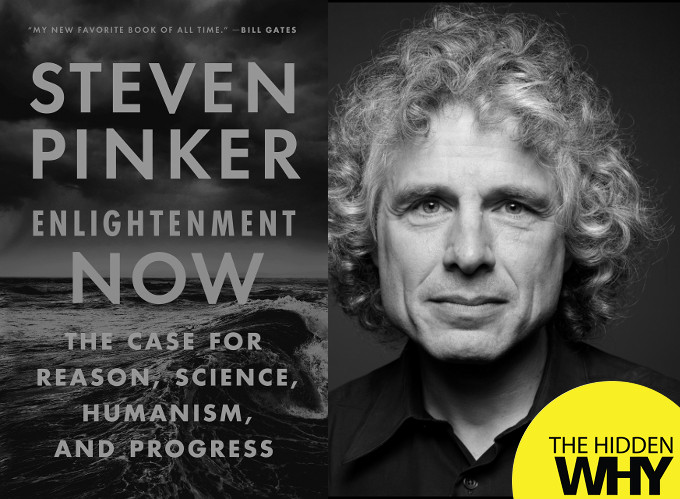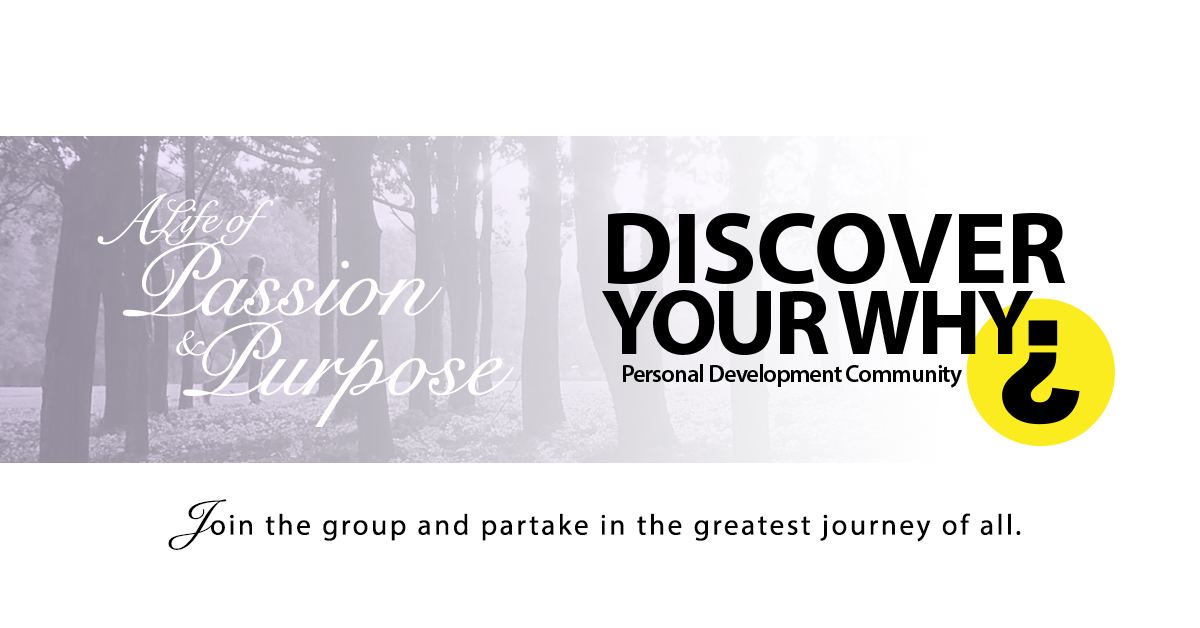
Enlightenment Now: The Case for Reason, Science, Humanism, and Progress
by Steven Pinker
Written and narrated by Leigh Martinuzzi
In Enlightenment Now the author Steven Pinker argues that the world is in a far greater state than it’s ever been and despite the obvious challenges we face, human progress is undeniable. Now than ever before we are living longer, healthier and happier lives. The solutions lie in enlightenment ideals those that favour science and reason as the solutions to our challenges and continuing advancement.
When I first came across this book, I thought it would be a book about enlightenment in the Buddhist sense. One that teaches us the values of meditation and awareness while encouraging us to wake up from the attachment to cravings. Not exactly. Although, on that last point of waking up, I think the author does a good job of that.
As a society, we become suffocated in the pessimistic doom day stories that capture our attention and pull on our emotional chords. The media headlines glorify the moment with stories of human decline in a way that makes many of us feel that civilisation is coming to an end.
Pinker argues that it is not and that enlightenment is clearly working. Across a vast spread of what many would consider important areas to overall human well-being, with the likes of health, prosperity, safety, knowledge, and happiness, humans are progressive and continue to move positively forward.
What is enlightenment? Immanuel Kant, a German Philosopher, described enlightenment as man’s emergence from their self-incurred immaturity. My translation of this is that it is our ability to wake up from our ignorance and lack of awareness to what actually is rather than drowning in what isn’t. The mind can become so focused on all that isn’t in life instead of being grateful for all that there is in life. As a society, the same can be inferred. A feeling of entitlement for more and a failure to realise just how good we’ve got it and how far we’ve come.
The copious amounts of research backed by quantifiable data that Pinker brings to our attention throughout this book across many of the topics mentioned above aim to wake us up and bring awareness to what actually is and how far the human race has come. It highlights why focusing on the current affairs that don’t deliver hope nor encourage progression but instead force a focus on the negative to bring about more suffering, pain and hardship than is necessary or real. At least that is the feeling I received.
In our personal lives, the lack of enlightenment is evident. In the constant chase for more we neglect to see the whole. Disillusioned by cravings and afflictions we create our own intolerance and suffering. In society, this same dissatisfaction caused by ignorance and lack of reason can amplify the challenges that face humanity as a whole creating a heightened state of negative and sufferable lives.
In such a state of panic and doomsday, we can actually inhibit our ability to overcome and push through the modern-day challenges we face. Global warming, tech advancement, overpopulation and food shortages, to name a few, may present a real threat but we are better able to tackle these issues from an enlightened state backed by science and reason.
Pinker makes very solid arguments that are clear to understand and convincing. Obviously, he presents research that supports his arguments and for that reason, there may be many counter-arguments to some of the views he shares. One that comes to my mind despite how far we have come across many of the categories Pinker presents is that even through statics, science, reason and research prove that we’ve progressed it doesn’t always have the effect on changing how people feel and the state of humanity. The psychology of the human mind isn’t represented in Pinkers work and of course, it needn’t be however it is something to keep in perspective. If the mind truly shapes our reality and is the cause of our happiness or suffering, then perhaps we need to focus and spend more time on finding enlightenment there.
Overall Pinker has done an incredible job of bringing enlightenment ideals to the forefront of my mind. Helping me to understand not only how far human evolution has come across many of the essential and important categories that make for a happy existence, but also how by using reason and science as the catalyst to awareness we can improve our own psychological dysfunctions. Removing internal suffering in favour of peace and joy.
If this book sounds of interest you can purchase Enlightenment Now: The Case for Reason, Science, Humanism, and Progress
here.
Please leave your thoughts, comments & questions below.
Peace, passion and purpose…
Other books that you may enjoy.
. . .
Further Reading and Resources
TED Talks: Ideas worth spreading
Elite Daily: The Voice of Generation Y
Four Hour Work Week: How to escape the 9-5, live anywhere and join the new rich.
The Minimalists: How to pursue a minimalist lifestyle and be happier.
Mind Hacks: Tips and Tricks for Using Your Brain
Rich Roll: Plantpowered Wellness Advocate
The Art of Charm: Build confidence, feel comfortable and networking differently.
The Art of Manliness: Encouraging men to be better husbands, fathers, brothers, citizens.
Tiny Buddha: Simple wisdom for complex lives.
Mind Body Green: Lifestyle media brand dedicated to inspiring you to live your best life.
Zen Habits: Find simplicity and mindfulness in life.
Creative NonFiction: “true stories well told.”
Barking Up the Wrong Tree: science-based answers and expert insight on how to be awesome at life.
The Positivity Blog: Practical articles on happiness, self-esteem, productivity and social skills.
FIND YOUR HIDDEN WHY with THE HIDDEN WHY (THW)
BUILD YOUR LIFE AROUND YOUR PASSION AND LIVE WITH PURPOSE
Sign up for free below and receive cool stuff from me each week + Plus a free copy of “The Four Pillars of Success”
In my weekly emails you will receive ideas, thoughts, learning’s and inspiration on:
- How to design a life that you want and live by your terms
- How to live a life with passion & purpose
- Methods, strategies, & techniques on life hacks
- Messages on how to better live your life
- We will also keep you up to date with fantastic interviews from THW podcast













Leave a Reply